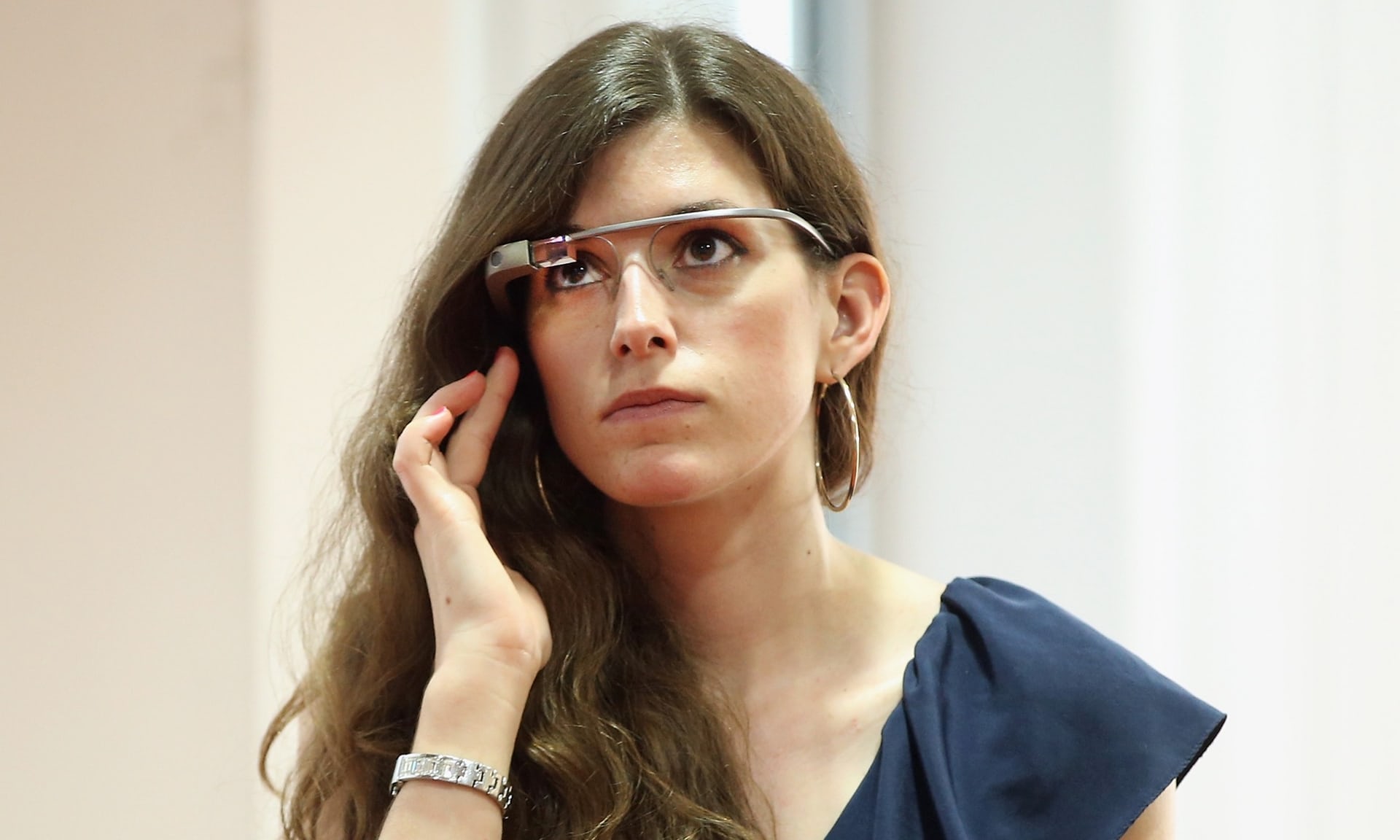‘I Believe That It Will Become Perfectly Normal for People to Have Sex With Robots’
This article makes reference to Sherry Turkle’s work (her name spelt incorrectly in the article). I’d thoroughly recommend her book Alone Together: Why We Expect More from Technology and Less from Each Other, which deals with this subject of robots—amongst other pertinent aspects of technology and the impact on relationships…
Thanks to Antonietta for the link.
“The Kissinger system has been in development for about eight years, with the latest model designed to plug into a smartphone. By kissing the screen, the movements of a person’s lips can be mirrored in the other machine and that kiss will be given to whoever has his or her mouth against a corresponding machine.
Several companies have shown an interest in the device and Cheok expects to see it hit the market in mid-2015.
Eventually, Cheok believes, “almost every physical thing, every being, every body, will be connected to the internet in some way.’’
The future, he says, will involve the subconscious part of the brain. We already have intimate data on the internet, but we still don’t feel that we can really know somebody online. There’s something missing between the experience of making a Skype call and meeting someone. And this is where transmitting the other senses is so important.
…
There is already a market for realistic-looking life-sized dolls made from a durable high elastometer silicone material. Female dolls either have fixed or removable vaginas and cost anything from $5,000-$8,000. But they don’t do anything. They are unresponsive.
In time, Levy predicts, it will be quite normal for people to buy robots as companions and lovers. “I believe that loving sex robots will be a great boon to society,” he says. “There are millions of people out there who, for one reason or another, cannot establish good relationships.”

